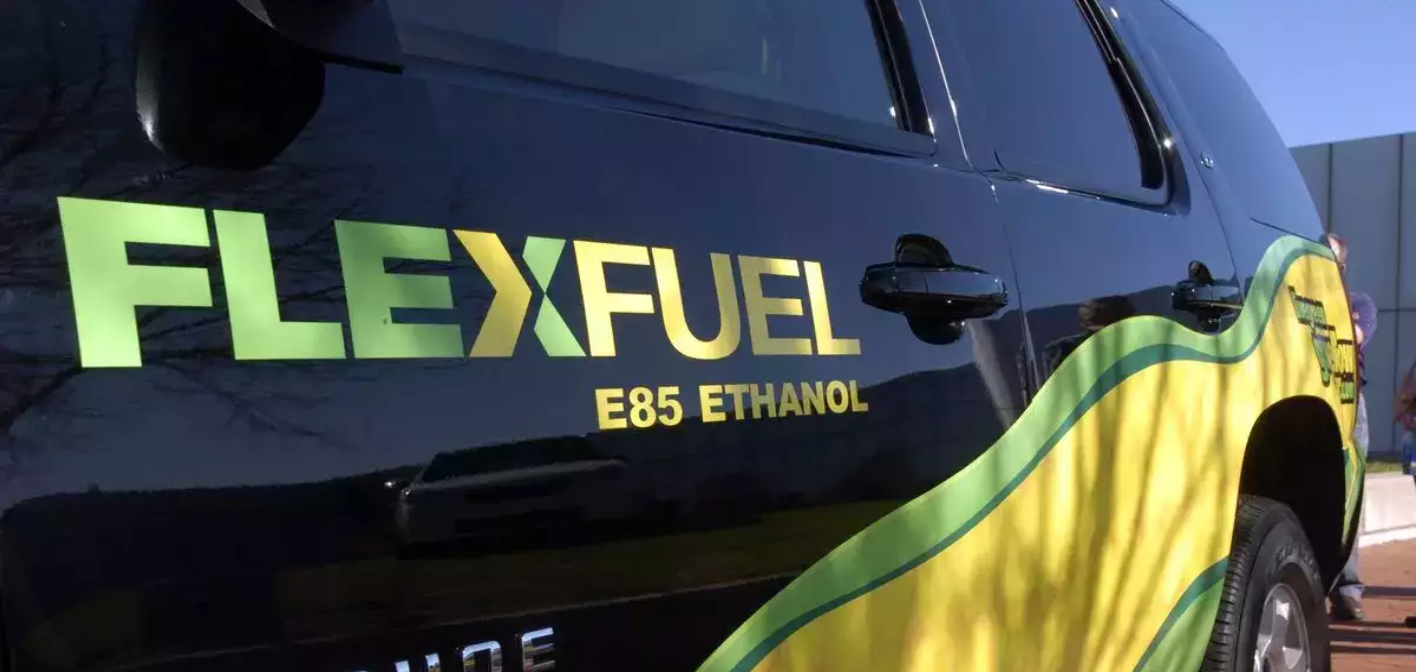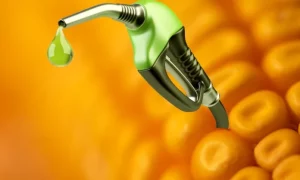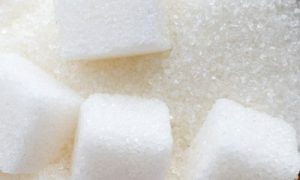Sugar industry seeks GST parity with EVs for flex fuel vehicles

New Delhi: With the target of 10 per cent ethanol blending being achieved, the country’s focus now turns to the ambitious goal of reaching 20 per cent blending by 2025-26. The Industry stakeholders underline the importance of introducing measures like parity in GST that facilitate the adoption of Flex Fuel Vehicles (FFV), recognizing their pivotal role in meeting this target.
Presently, FFVs are levied with a GST rate of 28 per cent, in contrast to the 5 per cent GST rate applicable to electric vehicles (EVs). TGST parity will directly contribute to reducing the country’s fuel bill while simultaneously curbing carbon emissions from the transportation sector,
ISMA said.
In a representation, the Indian Sugar Mills Association (ISMA) has put forth an appeal to the Ministry of Road Transport and Highways for a relaxation in the Goods and Services Tax (GST) on Flex-Fuel Vehicles (FFVs).
Recognizing the significance of FFVs as a vital instrument for a greener future, the industry underscores the crucial need for fiscal equilibrium.
“Presently, FFVs are levied with a GST rate of 28 per cent, a notable contrast to the 5 per cent GST rate applicable to electric vehicles (EVs).
We request parity in the GST rebate for FFVs, a move that will acknowledge ecological importance and empowers consumers to seamlessly embrace environmentally conscious choices without bearing disproportionate financial burdens. Offering tax deductions for FFVs could incentivize the adoption of eco-friendly vehicles, promoting a greener transportation choice,” Aditya Ihunjhunwala, President, ISMA, said.















